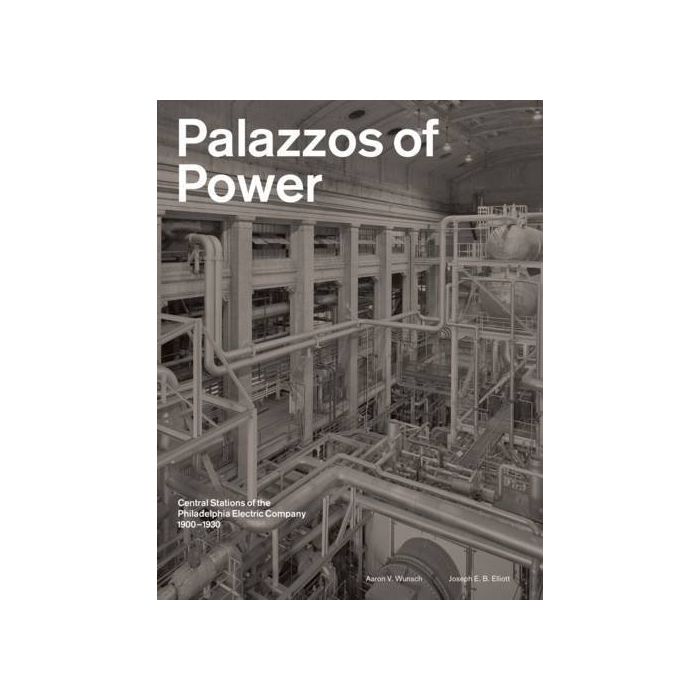My Cart
Your cart is empty
Looks like you haven't made your choice yet.
- Subtotal
Palazzos of Power

Central Stations of the Philadelphia Electric Company, 1900-1930
- Princeton Architectural Press
- by Aaron V. Wunsch
More Information
| Publisher | Princeton Architectural Press |
|---|---|
| ISBN | 9781616895006 |
| Author(s) | Aaron V. Wunsch |
| Publication date | November 2016 |
| Edition | Hardback |
| Dimensions | 280 x 215 mm |
| Illustrations | 124 duotone ill. |
| Pages | 160 |
| Language(s) | Eng. ed. |
Description
"If it isn't Electric, it isn't Modern." Such was the slogan of the Philadelphia Electric Company, developer of an unprecedented network of massive metropolitan power stations servicing greater Philadelphia at the turn of the twentieth century. These once-brilliant sentinels of civic utility and activity were designed to convey "solidity and immensity" in an age of deep public skepticism. They now stand vacant and decaying, a "blight" in the eyes of city planners and a beacon to urban explorers.
The first book on the buildings and machines that made possible the electrification of the United States, Palazzos of Power offers a visual and analytical exploration of architecture, technology, place, loss, and reuse. With a foreword by David Nye, this collection of Joseph Elliott's beautiful large-format photographs reveal the urban landscape, monumental spaces, giant machinery, and intricate controls that made up the central station. Aaron Wunsch's essay provides historical context on the social and political climate.

Palazzos of Power
